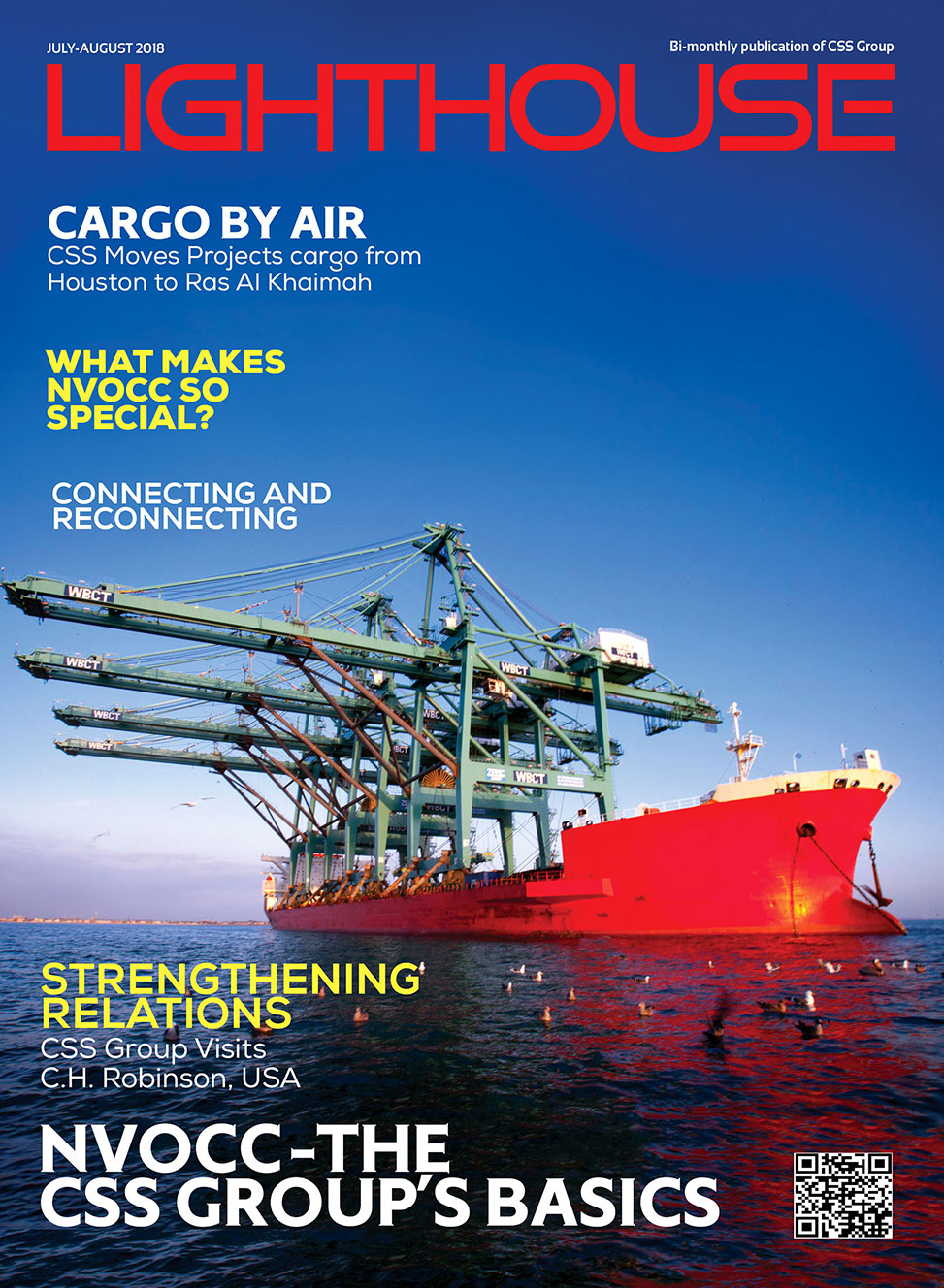When it comes to organisation culture, it really becomes difficult to define and explain. It is complicated, generally misunderstood and hard to change.
 There are lot of writings on building the culture of organisation and moving on to excellence. Words cannot weave excellence. It is something like fragrance. You can feel it. It’s presence in the environment of the organisation can be felt through demonstrative passion, attitude and mindset of employees while discharging their functions. Excellence is something more than perfection. Stakeholders, be it internal or the external, get delighted when enter in the zone of the organisation having culture of excellence.
There are lot of writings on building the culture of organisation and moving on to excellence. Words cannot weave excellence. It is something like fragrance. You can feel it. It’s presence in the environment of the organisation can be felt through demonstrative passion, attitude and mindset of employees while discharging their functions. Excellence is something more than perfection. Stakeholders, be it internal or the external, get delighted when enter in the zone of the organisation having culture of excellence.
It is a myth that talent alone can bring excellence in the culture of organisation. Talent also brings hidden arrogance. It is not necessary that talent is always embedded with mindset to excel. It is desire to excel in a person that makes him performing with excellence. It is something like that one is smoking addict and he has to stop and leave smoking. Why efforts of bringing excellence in organisation culture failed many times are because of the fact that very few leaders of organisation purposely work on developing culture of excellence. They just kind of let it happen.
You cannot handoff this sensitive matter to anyone. Making the changes that lead to excellence is not an overnight pursuit-it is cumbersome, psychologically tough and long process. It is mistaken that attractive workplaces, weekend parties and get together, outbound adventure training in the name of team building and motivation create workplace culture of excellence.
None of these initiatives work if there is an element of disrespect, mistrust and achieving results by bulldozing the human dignity. What people prefer who have desire to excel at workplace is authenticity, trust, transparency in dealings and commitment to employees growth and well being along with organisation’s prosperity. Managers at all levels who are only functional experts in their domain should also be developed as organisation development experts. It will make easy for the business leaders to get the culture of excellence accepted at the root level.
CHANGES WILL IT BRING IN THE ATTITUDE OF THE WORK FORCE
1. An Organizational Vision is Communicated and Understood
To achieve a Culture of Excellence, every employee must understand not only the company’s vision, but also know their own roles, responsibilities and the specific actions they need to take in order to help achieve this vision.
2. Clear Purpose and Meaning
In a Culture of Excellence, employees feel that what they are working on is meaningful, significant, and purpose-based.
3. Focus on High Performers
Many managers actually empower their low performers by focusing their time and energy on trying to solve their problems—while ignoring their high performers. Those high performers leave because they aren’t being rewarded for their hard work.
Companies with a Culture of Excellence set an expectation of high performance organization-wide. Every employee is supported and encouraged to become a master in their role and area of expertise. High performers are nurtured, rewarded, mentored and recognized, and average performers are coached to move into the high performance category.
4. Change and Challenges
In most organizations, when change or challenges occur, employees become distracted and lose focus on the organizational vision and goals.
In a Culture of Excellence, employees develop the flexibility and resilience to deal with change, challenge and uncertainty. Even when there are obstacles and challenges that may seem impossible to overcome, the motivation to achieve the organizational vision is higher than the urge to avoid the discomfort. Managers support their teams in staying focused and on track, despite difficulties and challenges.
5. Collaborative Teams
A key feature of a Culture of Excellence is collaborative teams. Because every employee and all teams are working together toward a common organizational vision, they feel they are on the same side. And because this collaboration is encouraged and rewarded from the top down, there is no more reason to protect individual roles, projects or expertise.
6. Rewards and Recognition
HOW CAN WE ACHIEVE CULTURAL EXCELLENCE?
- Promote a positive and happy environment.
- Giving effective feedback
- Clear & Consistent Communication
- Teamwork
- Growth Opportunities
- Know your customer
- Keep employees comfortable
- Plan your action
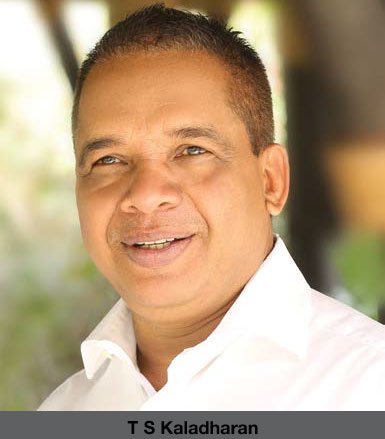 Whilst ‘Where have all the years gone?’ is sometimes used as a throwaway comment, it is frequently used when the passage of time takes on a delightful meaning. As it is exactly eleven years since the ‘Chairman’s Message’ was inaugurated in our Lighthouse magazine, I really do wonder where have all the years gone? I am overwhelmed that my message has proved to be a constructive platform which has resulted in timely comments and constructive suggestions from you – our readers. I am immensely grateful and express my gratitude.
Whilst ‘Where have all the years gone?’ is sometimes used as a throwaway comment, it is frequently used when the passage of time takes on a delightful meaning. As it is exactly eleven years since the ‘Chairman’s Message’ was inaugurated in our Lighthouse magazine, I really do wonder where have all the years gone? I am overwhelmed that my message has proved to be a constructive platform which has resulted in timely comments and constructive suggestions from you – our readers. I am immensely grateful and express my gratitude.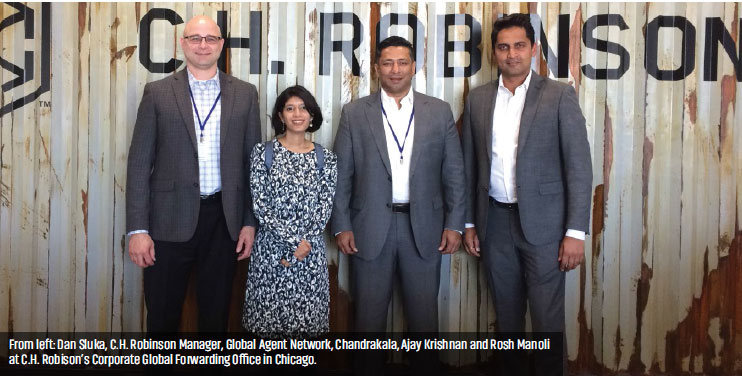

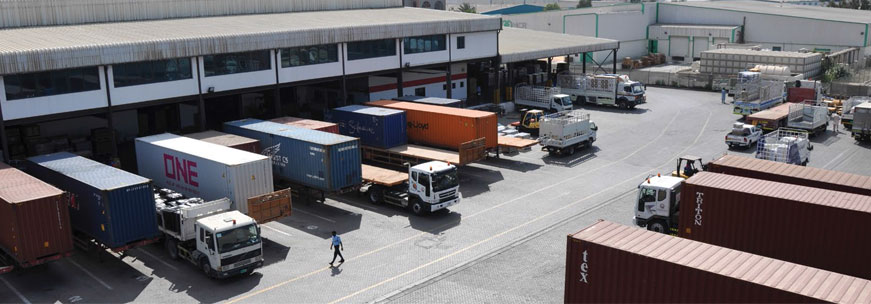
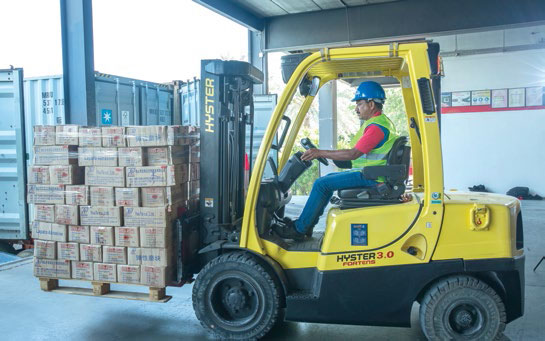
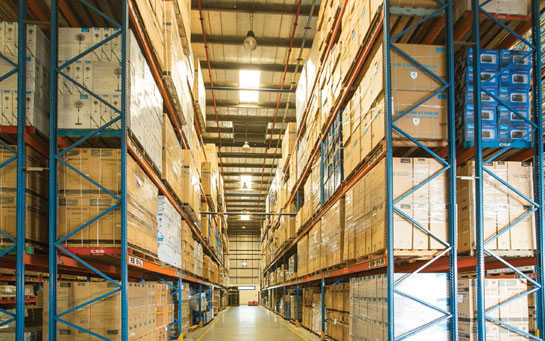
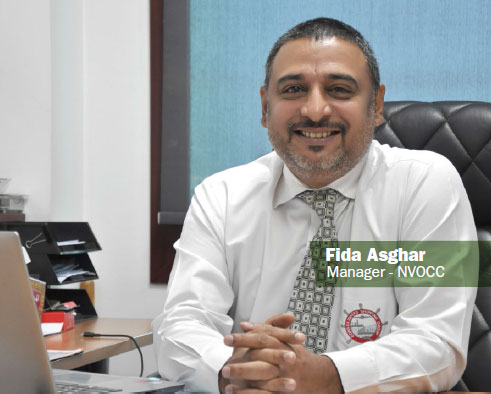
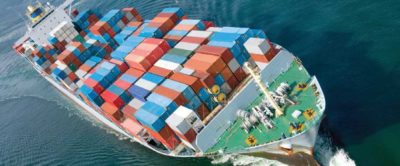
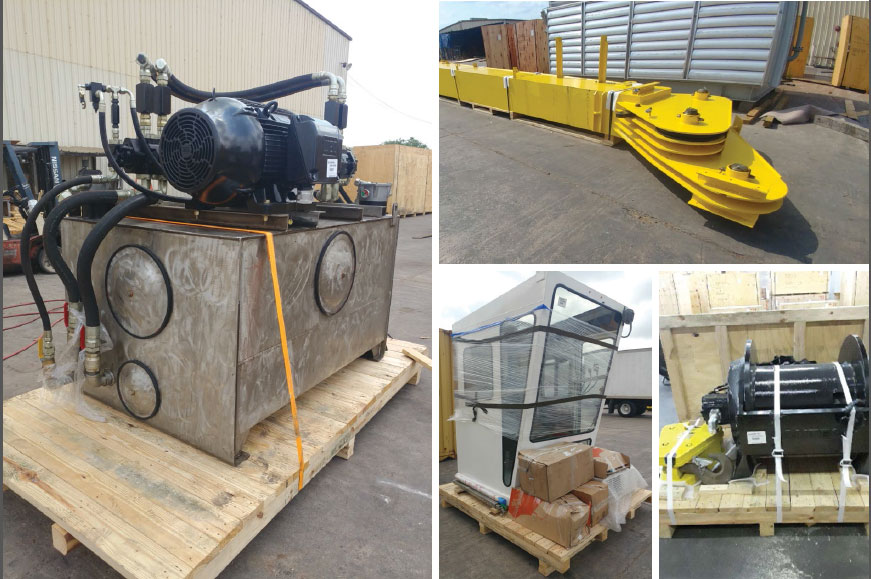
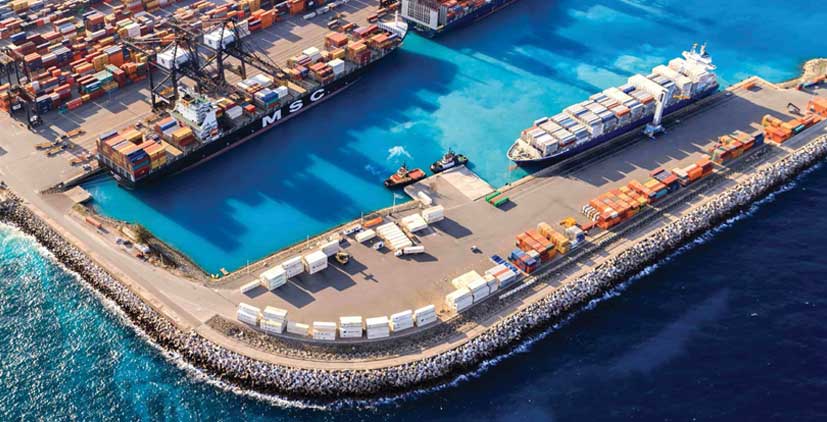

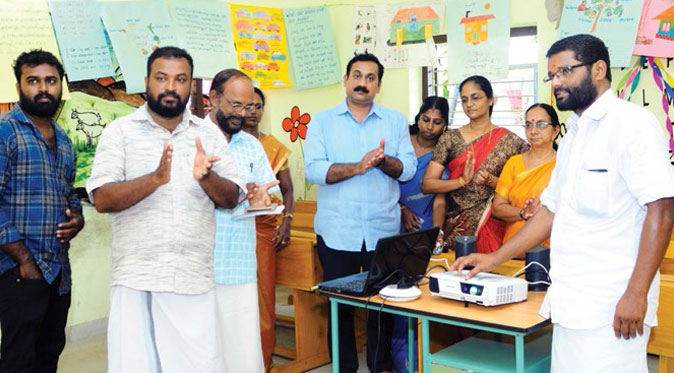
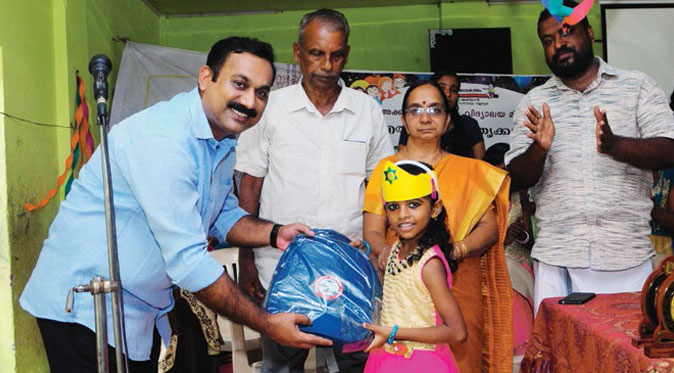
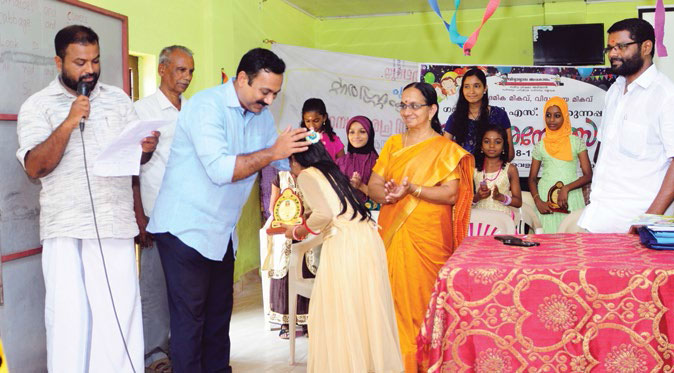
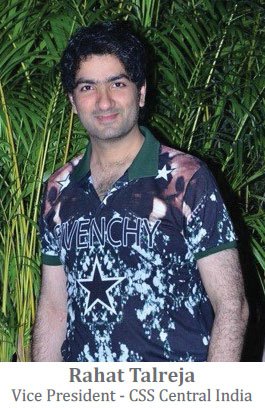 As I famously tell people: Cost price is the truth and Selling Price is a lie. The difference between truth & lie is called profit.
As I famously tell people: Cost price is the truth and Selling Price is a lie. The difference between truth & lie is called profit. Compare this to a truck driver. An interesting incident happened last month for us and give us the jitters for completing a very important project shipment. We had scheduled pick-ups in trailers but there was a severe shortage of drivers. This is unique and unheard of in so many decades. Due to several overlapping reasons there was an acute driver shortage. On engaging further with transporters, we also learnt that these days drivers make more money than the transport owner himself. Because they are in shortage and therefore command a premium.
Compare this to a truck driver. An interesting incident happened last month for us and give us the jitters for completing a very important project shipment. We had scheduled pick-ups in trailers but there was a severe shortage of drivers. This is unique and unheard of in so many decades. Due to several overlapping reasons there was an acute driver shortage. On engaging further with transporters, we also learnt that these days drivers make more money than the transport owner himself. Because they are in shortage and therefore command a premium. The rapidly developing digital technologies are embarking on a significant transformation of the Shipping Industry across the globe. The implementation of Digitalization, the innovative cyber security systems and technological solutions, autonomous mobility and artificial intelligence has helped in transforming the developments in the shipping industry. With the inputs of accurate, updated and secure data insights, delivered on time, the achievement of a more strategic and cost effective productivity along with maximum performance is possible. The ability to centralize the decentralized digital transformation on a digital platform creates a great potential for organizing markets efficiently. The exchange data and digital platforms enables the companies to have a control of and also organize the logistic chains delivered on time, by reducing the waiting period and predicting the arriving time of the vessels accurately, thus opening up the possibility of unmanned ships in future.
The rapidly developing digital technologies are embarking on a significant transformation of the Shipping Industry across the globe. The implementation of Digitalization, the innovative cyber security systems and technological solutions, autonomous mobility and artificial intelligence has helped in transforming the developments in the shipping industry. With the inputs of accurate, updated and secure data insights, delivered on time, the achievement of a more strategic and cost effective productivity along with maximum performance is possible. The ability to centralize the decentralized digital transformation on a digital platform creates a great potential for organizing markets efficiently. The exchange data and digital platforms enables the companies to have a control of and also organize the logistic chains delivered on time, by reducing the waiting period and predicting the arriving time of the vessels accurately, thus opening up the possibility of unmanned ships in future. Digitalization has brought in many challenges as well as opportunities. According to the IMO over 90% of the world’s trade is carried out by sea as this is the most cost-effective way to move goods and raw materials across the world. One of the important factors is that it reduces cost and increases efficiency. The data inputs and interconnected technologies are emerging to create a revolution in the maritime industry. Systems like Radio Frequency Identification System (RFID) are used to track the movement of the vehicles cargo and people, and ensure timely delivery of cargo. GPS navigation system, automated electronic data exchange from ship to ship and ship to shore increases the efficiency, safety and accuracy in navigation and communications.
Digitalization has brought in many challenges as well as opportunities. According to the IMO over 90% of the world’s trade is carried out by sea as this is the most cost-effective way to move goods and raw materials across the world. One of the important factors is that it reduces cost and increases efficiency. The data inputs and interconnected technologies are emerging to create a revolution in the maritime industry. Systems like Radio Frequency Identification System (RFID) are used to track the movement of the vehicles cargo and people, and ensure timely delivery of cargo. GPS navigation system, automated electronic data exchange from ship to ship and ship to shore increases the efficiency, safety and accuracy in navigation and communications.

 There are lot of writings on building the culture of organisation and moving on to excellence. Words cannot weave excellence. It is something like fragrance. You can feel it. It’s presence in the environment of the organisation can be felt through demonstrative passion, attitude and mindset of employees while discharging their functions. Excellence is something more than perfection. Stakeholders, be it internal or the external, get delighted when enter in the zone of the organisation having culture of excellence.
There are lot of writings on building the culture of organisation and moving on to excellence. Words cannot weave excellence. It is something like fragrance. You can feel it. It’s presence in the environment of the organisation can be felt through demonstrative passion, attitude and mindset of employees while discharging their functions. Excellence is something more than perfection. Stakeholders, be it internal or the external, get delighted when enter in the zone of the organisation having culture of excellence.